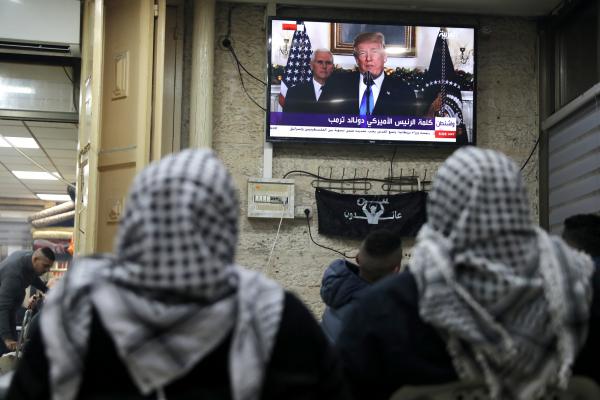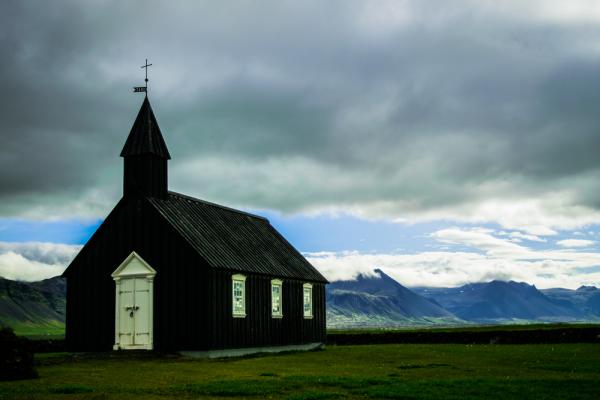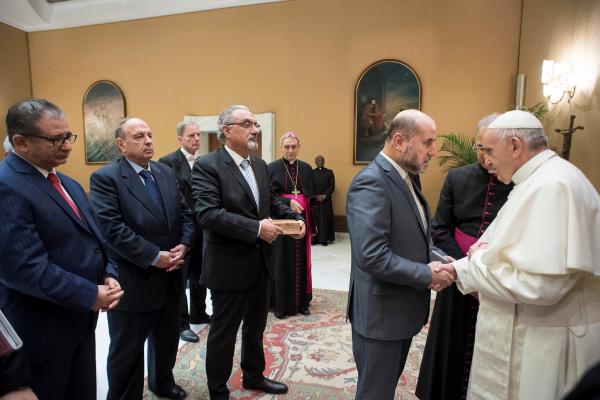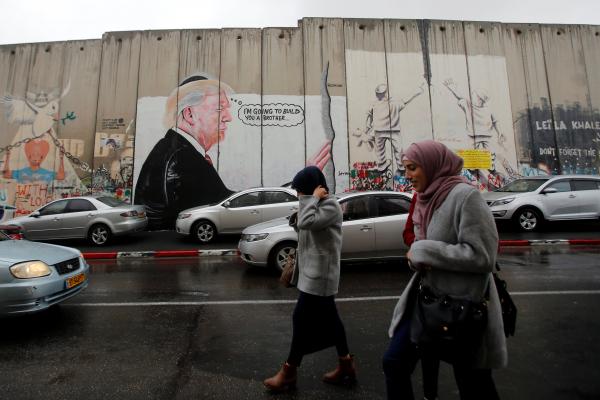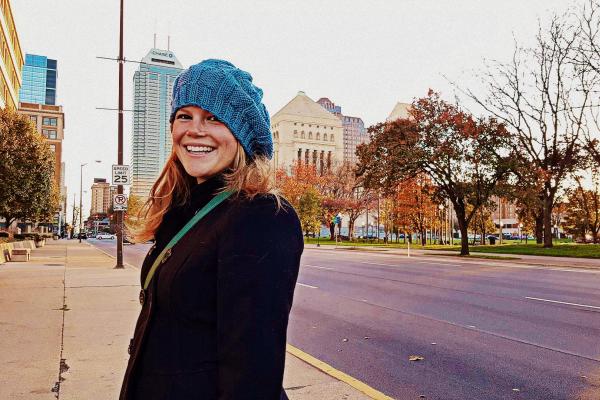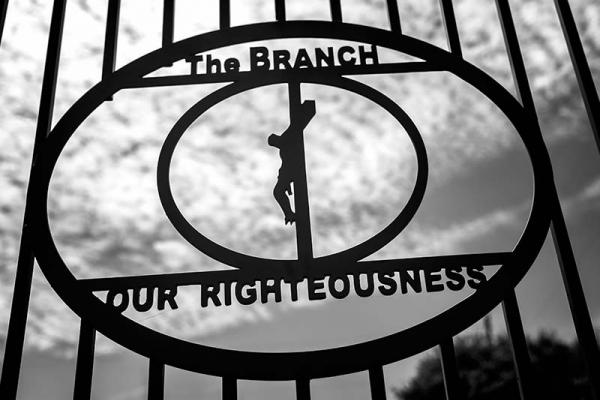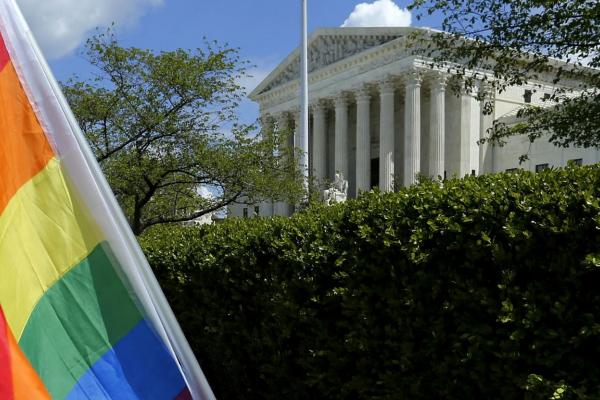These are the times in which we now live. The turbulence of this year has left many of us feeling buffeted by constant storms in politics, society, and nature. Amid this daily chaos, fear, and pain, one thing is clear: The role of faith leaders across society is more important than ever. Our call and our ministry requires us to stay radically rooted.
Peacemaking isn’t a passive withdrawal from conflict — it’s an intentional movement toward it with tools to understand, heal, and transform. It’s time for Christians across the U.S. to engage in this conflict in a helpful, curious way. I know there is a lot of confusion and complexity around this and, for the sake of my friends (Jews, Christians, and Muslims) in the region, as well as our collective wellbeing, I feel compelled to offer a few brief observations on today’s announcement by President Donald Trump on the U.S. embassy and the status of Jerusalem as the capitol.
This Christmas season, we need to remember that Jesus was not white. And in solidarity with that truth, we need to make space in our Advent season for the church to openly lament that American Christianity has often stood on the side of the oppressor and not on the side of the oppressed.
In response to Trump's announcement, patriarchs and heads of all churches in Jerusalem urged Trump to reconsider his decision to relocate the U.S. embassy from Tel Aviv to Jerusalem, reiterating deep concerns of potentially escalating conflicts in a region sacred to Muslims, Jews, and Christians.
The cover and interior spreads of TIME's Person of the Year issue features many of the women who have brought the #MeToo movement to the fore — from Tarana Burke, who launched the hashtag 10 years ago, to Alyssa Milano, whose tweet earlier this year brought outan avalance of revelations that have led to the downfall of countless men in power.
President Donald Trump will announce on Wednesday that the United States recognizes Jerusalem as the capital of Israel and will move its embassy there, breaking with longtime U.S. policy and potentially stirring unrest.
The rules, a direct rollback of the ACA’s contraceptive coverage mandate requiring access to birth control without additional cost, are considered a fulfillment of a promise Trump made to the religious community at a speech in the Rose Garden five months earlier, stating, "We will not allow people of faith to be targeted, bullied, or silenced anymore." But one of his biggest opponents is an evangelical Christian.
If you were of age in 1993, you don’t need to be reminded who the Branch Davidians were and what the Federal Bureau of Investigation did to them on April 19th of that year.
For newcomers to the scene, these “Davidians” were well-known for their extremist activities in Waco, Texas. They were a typical “cult” during a decade in which intense and isolated religious groups were a threat to their neighbors, the relatives of their members, and the public at large. In that April incident, the FBI, urged by public opinion, set out to discipline them and prevent them from creating public disturbances. Yet, create a disturbance they did.
“We can’t take for granted what ‘religious freedom’ is and what it protects,” says Wenger. “White American Christians [have] used religious freedom talk as a way to mark their own superiority” and control the legal, political and social culture.
“Today’s abnegation by the nation’s highest court opens the door for an onslaught of challenges to the rights of LGBTQ people at every step," Sarah Kate Ellis, president and CEO of the civil rights group GLAAD, said in a statement.

